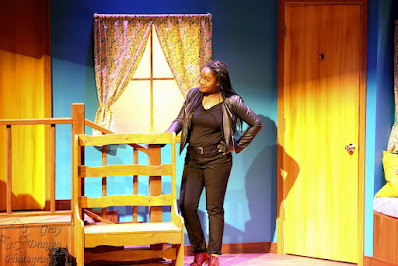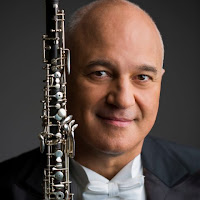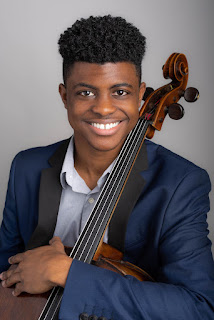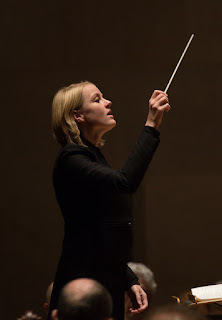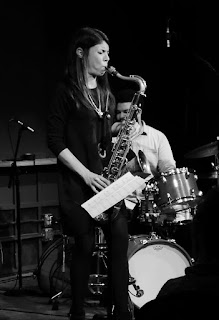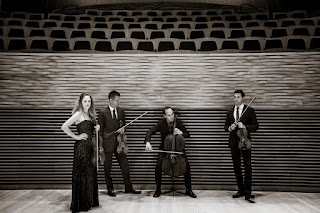Actors Theatre of Indiana puts its shoulder to the wheel with 'Working'
.jpg)
"Something to Point To" the cast indicates in the finale Chicago radio guru Studs Terkel could talk to anybody, and just about anybody seemed to pour secrets and out-loud perspectives into his tape recorder. His receptivity and shrewd selection of the results generated several books, one of which is bluntly called "Working." How do Americans earn their livings, and how do they feel about it? he wanted to know. An updated musical version with the same title concludes Actors Theatre of Indiana 's 2021-22 season at the Center for the Performing Arts ' intimate Studio Theater. With a host of mostly well-known songwriters underlining his perspectives, the show makes clear that Terkel's sympathies, though they covered the spectrum, could fairly be described as left-of-center. He cast a jaundiced eye at the upper crust and tended to find virtue, often wrung from necessity, in the lives of the working class and those struggling to climb the social ladder as whi...
